Mini tractors, also called compact tractors, come in many different sizes, from small lawn mowers to more powerful models that perform almost as well as standard tractors. Choosing the right model for your needs will require some understanding of how these mini tractors differ and what tasks they are capable of doing. This article explores the different aspects of each type to help buyers make the best choice.
Table of Contents
The projected mini tractor market
What are mini tractors?
Small plot 10-20 hp tractors
Larger plot 20-35 hp tractors
Utility tractors above 35 hp up to 50 hp
How should you decide which mini tractor to buy?
Final thoughts
The projected mini tractor market
The market for mini/compact tractors is steady and through to 2030 is projected to grow at a modest compound annual growth rate (CAGR) of 3.3% to a value of around USD 4.2 billion. Increasing mechanization across the agricultural sector, and the desire for more scalability, is driving the continued interest in smaller tractors.
Compact tractors, with a moderate power range upwards of 35 hp, are expected to show a CAGR of 3.1% through to 2025. These ‘not-so-mini’ mini tractors are known as utility tractors, as they are well suited for small to mid-sized farms, having sufficient adaptability and power to take on most tasks.
What are mini tractors?

Mini, or compact, tractors, are typically differentiated by their power, measured in horsepower (hp), rather than size. The smaller powered mini tractors are designed for specific tasks, such as grass mowing, whereas the larger machines can carry out many of the tasks that the biggest tractors usually do, although with less power and at a smaller scale.
Mini tractors fit into a range from around 10 hp, to around 35 hp. The very compact 10-20 hp ‘small plot’ or garden tractors are suitable for garden mowing, small scale plowing, and pulling small trailers. The slightly larger and more powerful mini tractors in the 20-35 hp range are better for field cultivation and for attaching multiple implements, such as a backhoe or front bucket. Larger agricultural tractors in the 35-50 hp range are broad-use utility tractors and are sometimes included in the mini tractor category.
Once the power range rises above 50 hp, these tractors would not be considered mini tractors, and in fact the power can range up to 300 hp. These more powerful tractors are suited to traditional farm roles, such as large-scale farming, and for other big jobs like pulling large trailers and farming machinery.
Note that different manufacturers and suppliers may categorize their tractors into different horsepower ranges than used above. However, the principles remain the same. More powerful tractors are typically larger and heavier and are capable of many attachments and many roles. The less powerful tractors are designed to be smaller and lighter, are more limited in what they can do, and may be designed for specific tasks only. Each horsepower range is explained further below.
Small plot 10-20 hp tractors

At the smaller end of the mini tractor scale, in the 10-20 hp range, these low powered tractors are sufficient for small plots of land, small farms and gardens. They are compact in size, maneuverable, low on fuel consumption and cheap to buy and maintain. They are a good choice for small operations, and can come with rear attachments such as mowers, plows or rooters. They can also pull small trailers and can access narrow paths, indoor barns and sheds.

Within this range there are also specific use machines, such as rider lawn mowers, that have the mover fitted underneath.
Prices:
Within the 10-20 hp range, mini tractors are very cost effectively priced at around USD 1,200-2,000, with rider lawn mower types around USD 1,800. Prices do vary and the same models can be found at different prices, so shop around. When comparing similar models, make sure that the power is comparable not just the size and appearance.
Larger plot 20-35 hp tractors

Mini tractors in the 21-35 hp range are moderately powered utility tractors, typically used for small plot farms for field cultivation. They have sufficient power to add attachments at the front and rear, such as a front loader and a rear backhoe. This makes them versatile machines small farms, with the capacity to take on most of the jobs required around the farm.
Prices:
As mini tractors get a little bigger and more powerful, the higher end prices also increase, although there are also plenty to be found at the power prices. Price ranges from USD 1,500-4,000 with the higher powered machines usually costing more. If the requirement is to use various attachments, make sure that the tractor can fit them. These tractors are more likely to be at the higher price ranges of USD 3,000-4,000 with horsepower upwards of 30 hp. The extra power is needed to operate the attachments efficiently.
Utility tractors above 35 hp up to 50 hp

These mid-range tractors are a suitable choice for moderately sized farms and can manage the wide range of jobs that a larger farm requires. They can fit front and rear attachments for loading and digging, and can haul sizable loads. They can be used for land cultivation, seeding, plowing and harvesting, and pulling medium sized loads.
They are also suitable for other utility tasks such as landscaping and snow clearing. Narrow and tall tractor styles are suitable for driving between closely planted trees and bushes and are suitable for orchard work. Some models will advertise specifically as orchard tractors.
They are a little faster than their larger cousins but will ultimately lack the power for the really heavy lifting and pulling jobs that the bigger machines handle with ease.
Prices:
Once the power capability is above 35-40 hp, there are many more jobs that the mini tractor can handle, and price is likely to reflect that. Prices and power handling can vary, and there is not a clear correlation between increased power and increased cost. 40-50 hp tractors can be found from USD 3,000 to upwards of USD 8,000.
How should you decide which mini tractor to buy?
Selecting the right compact tractor can be a challenge, simply because of the wide range of sizes, models and prices available. There are models available at very low prices, even down to around USD 500, and some that can be upwards of USD 6-7,000. Smaller plot tractors are likely to cost below USD 2,000 for a very reasonable machine, but the power and available fittings will be limited. These machines are best for limited functions, speeding around the plot, towing small trailers, and grass cutting.
As size and power increases, so does functionality. It can be difficult to select between smaller tractors with less power, and large tractors with more power. Price isn’t a guide on its own either, as smaller tractors with modern features might cost more than large powerful ones. Perhaps the best approach, then, is to balance available budget with desired functionality.
Look for the machines that meet your needs with the functionality desired, and compare available models and prices with your budget. Functionality should factor in size and access to the required locations (for example, small and/or indoor access, versus outdoor, large farm, wide space usage). Then consider the tasks to be covered, such as small or large plot plowing and seeding, large or small trailer haulage, and simple or multi-function attachments.
It would also be wise to consider service and maintenance, and available parts. Check with the suppliers for what support they can offer in your territory.
Final thoughts
Mini or compact tractors are widely available and there are a very large number of models and sizes from which to choose. Typically the smaller tractors are low in power and more suited to a limited range of roles, although there are smaller tractors with more horsepower. Larger tractors typically have more power and more adaptability, and as they reach the size of utility tractors they begin to cross over from mini to large tractors. There isn’t a clear delineating power break, but above the 50-60 hp range, tractors are already taking on the roles and characteristics of the more heavy duty farm tractors. For more information on the wide choices and prices available, check out chovm.com.
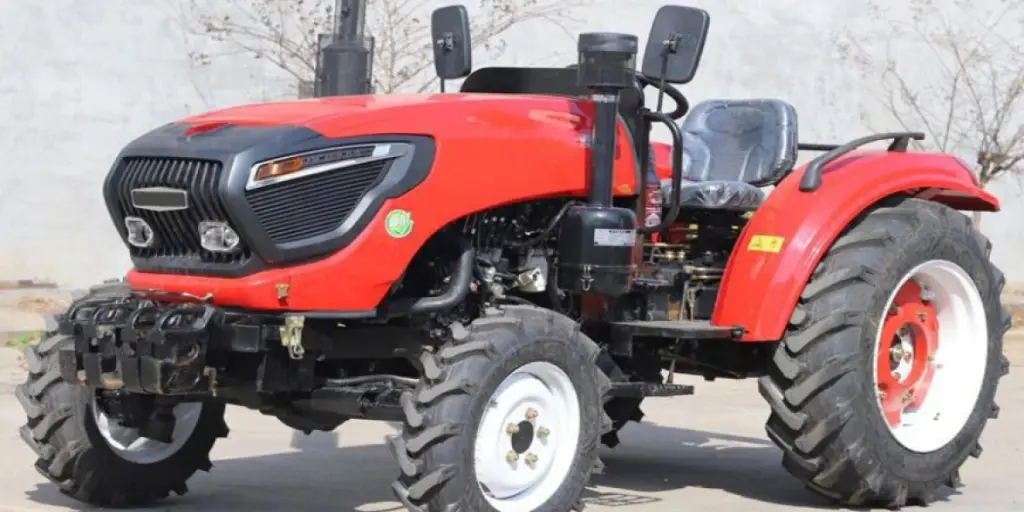
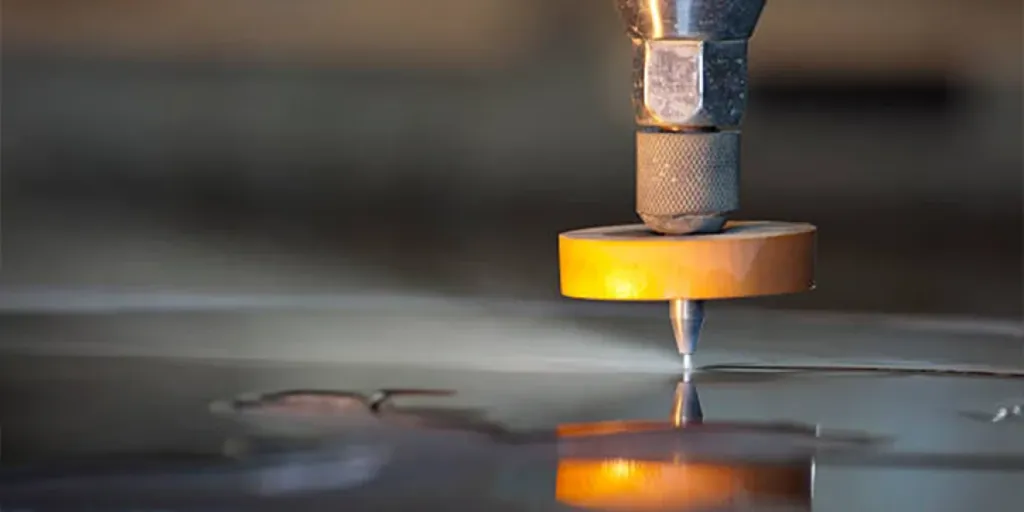
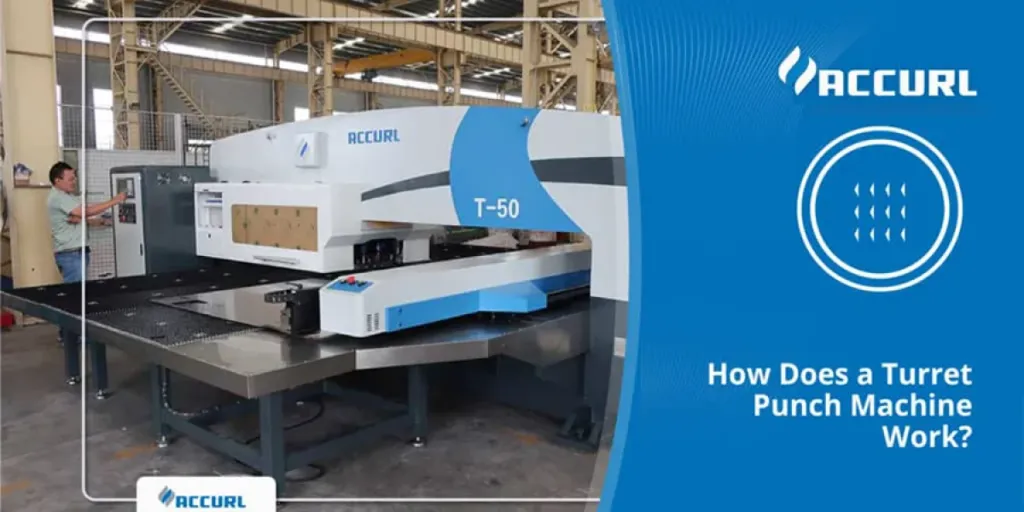
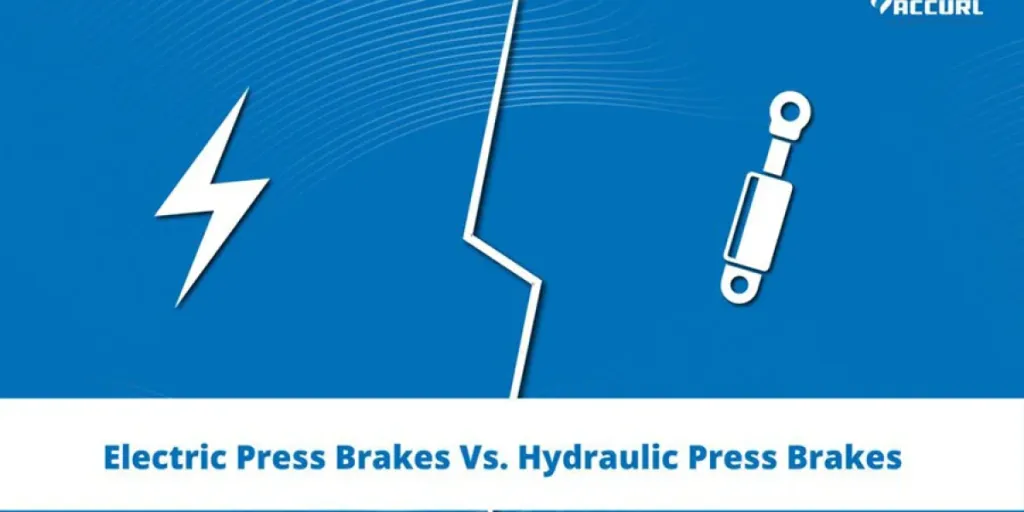
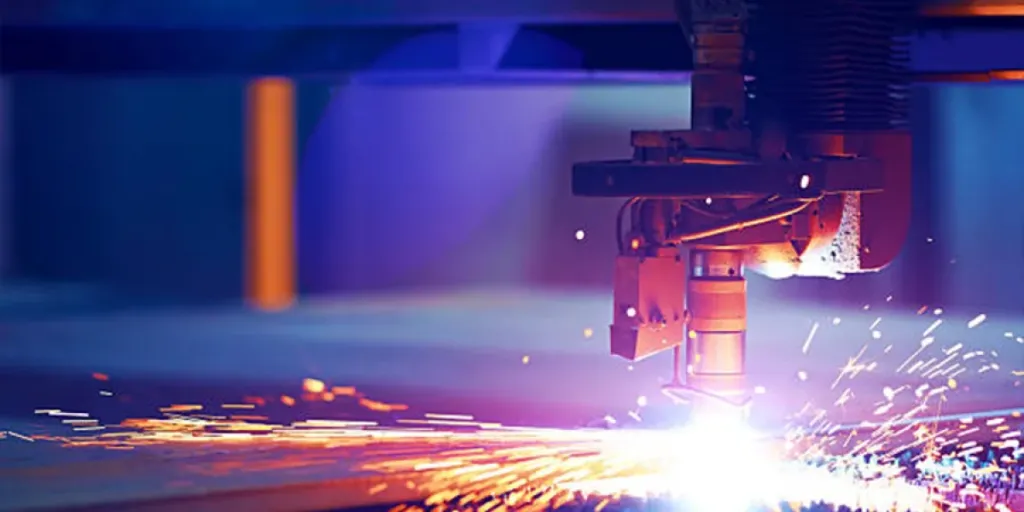
 বাংলা
বাংলা Nederlands
Nederlands English
English Français
Français Deutsch
Deutsch हिन्दी
हिन्दी Bahasa Indonesia
Bahasa Indonesia Italiano
Italiano 日本語
日本語 한국어
한국어 Bahasa Melayu
Bahasa Melayu മലയാളം
മലയാളം پښتو
پښتو فارسی
فارسی Polski
Polski Português
Português Русский
Русский Español
Español Kiswahili
Kiswahili ไทย
ไทย Türkçe
Türkçe اردو
اردو Tiếng Việt
Tiếng Việt isiXhosa
isiXhosa Zulu
Zulu